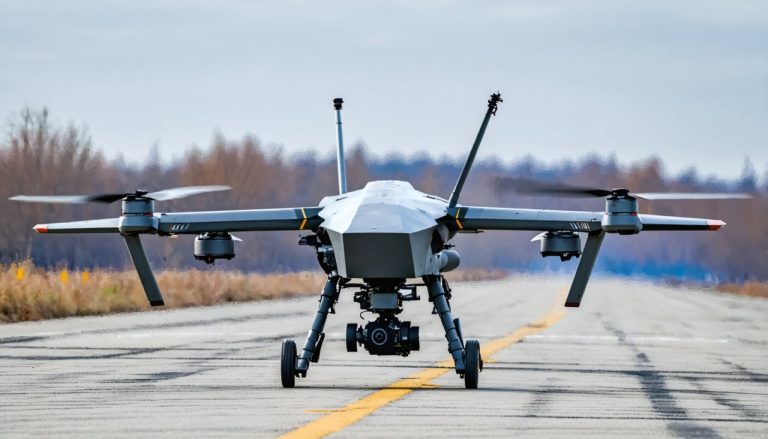
Gli artisti nell’industria musicale odierna stanno navigando un paesaggio in rapida evoluzione, dove il potere del marketing è passato dagli esperti nelle mani degli stessi musicisti. È una spada a doppio taglio: dà potere agli artisti per controllare il proprio destino, ma aggiunge anche pressione per eccellere in un campo affollato.
Sono passati i tempi in cui il successo veniva misurato solo dalle apparizioni televisive e dall’airplay radiofonico. Nell’era digitale di oggi, la presenza sui social media e gli spettacoli dal vivo sono indicatori chiave del successo. La ricerca dimostra che le misure tradizionali come le posizioni in classifica stanno diventando obsolete a favore dell’interazione diretta con i fan su più piattaforme.
Con il mercato saturo di artisti indipendenti, emergere è cruciale. Solo una piccola frazione verrà mai firmata da una casa discografica. Per il resto, creare un forte legame con il proprio pubblico è fondamentale per il successo a lungo termine.
Così come le aziende riconoscono l’importanza della presenza del marchio per il traffico e le conversioni web, i musicisti stanno abbracciando la necessità di avere una presenza online onnipresente. Coinvolgere i fan su varie piattaforme consente agli artisti di sfruttare le caratteristiche uniche e le tendenze virali, rimanendo sintonizzati sulle preferenze e comportamenti del pubblico.
Comprendere il pubblico è altrettanto importante quanto conoscere la musica stessa. Gli artisti devono adattarsi alla fluidità dell’ambiente digitale, mantenendo una partecipazione attiva su tutte le piattaforme per navigare tra i cambiamenti degli algoritmi e le tendenze in evoluzione. L’interazione su più piattaforme fornisce un feedback diversificato essenziale per gli artisti indipendenti che cercano di affermarsi.
La Svolta nelle Strategie di Marketing Musicale: Navigare tra Nuove Realtà per gli Artisti Emergenti
Nell’ambiente in continua evoluzione dell’industria musicale, gli artisti emergenti si trovano di fronte a una moltitudine di sfide e opportunità mentre cercano di lasciare il proprio segno. Mentre il precedente articolo ha trattato delle dinamiche in evoluzione delle strategie di marketing, ci sono aspetti aggiuntivi da considerare in questo paradigma in continua evoluzione.
Quali sono le domande chiave che gli artisti emergenti dovrebbero porsi nel panorama odierno del marketing musicale?
Una domanda importante riguarda il modo di sfruttare efficacemente l’analisi dei dati e le intuizioni per perfezionare le proprie strategie di marketing. Comprendere la demografia del pubblico, le preferenze e i comportamenti può influenzare significativamente il successo degli sforzi promozionali.
Un’altra domanda cruciale ruota attorno al ruolo delle tecnologie emergenti come l’intelligenza artificiale e la realtà virtuale nel migliorare l’esperienza dei fan ed espandere la portata. Esplorare strumenti innovativi può distinguere gli artisti in uno spazio digitale affollato.
Quali sono le principali sfide o controversie associate alle strategie di marketing musicale in evoluzione per gli artisti emergenti?
Una delle sfide più evidenti è la saturazione delle piattaforme digitali, che rende sempre più difficile per gli artisti distinguersi nel rumore e catturare l’attenzione del pubblico. Navigare in questo panorama competitivo richiede creatività e pianificazione strategica.
Un aspetto controverso riguarda il dibattito sull’impatto dei servizi di streaming sulle entrate degli artisti. Sebbene queste piattaforme offrano un accesso senza precedenti a un pubblico globale, ci sono discussioni in corso riguardo alla giusta compensazione per i musicisti.
Vantaggi e Svantaggi della Svolta nelle Strategie di Marketing Musicale
I vantaggi includono la democratizzazione degli strumenti promozionali, che permette agli artisti di raggiungere direttamente i fan senza dipendere esclusivamente dai tradizionali guardiani. Visibilità potenziata e controllo sul marchio sono aspetti di forza di questa svolta.
Tuttavia, un evidente svantaggio è la schiacciante domanda di coinvolgimento costante e creazione di contenuti in un ambiente orientato ai digitali. Questa pressione può portare allo sfinimento e distogliere dal processo creativo, rappresentando una sfida significativa per gli artisti.
In conclusione, mentre la svolta nelle strategie di marketing musicale offre nuove vie di esposizione e connessione con il pubblico, presenta anche ostacoli unici che gli artisti emergenti devono superare. Mantenendosi informati, adattabili e fedeli alla propria visione artistica, i musicisti possono sfruttare il potere di queste strategie in evoluzione per fare progredire le proprie carriere.
Per ulteriori approfondimenti sulle tendenze e le strategie di marketing musicale, visita Billboard.



